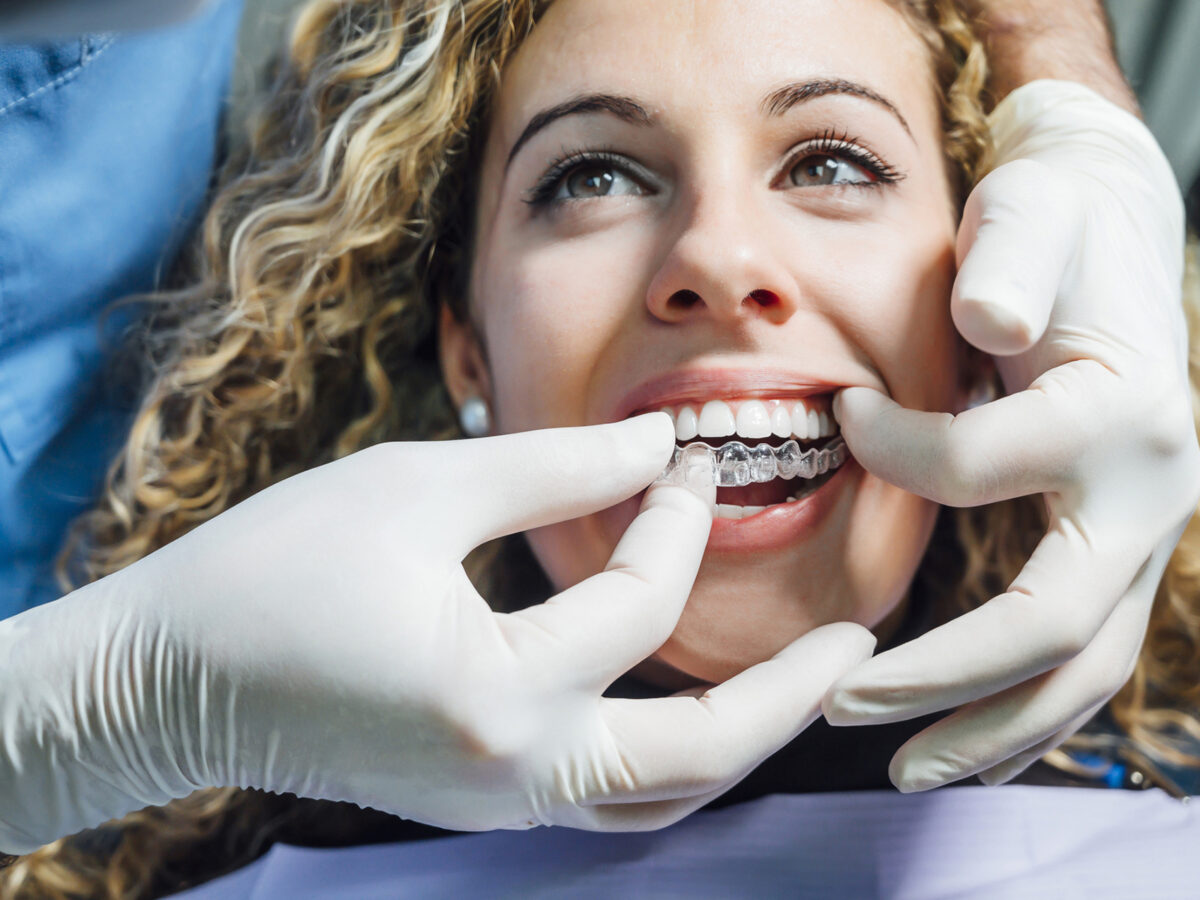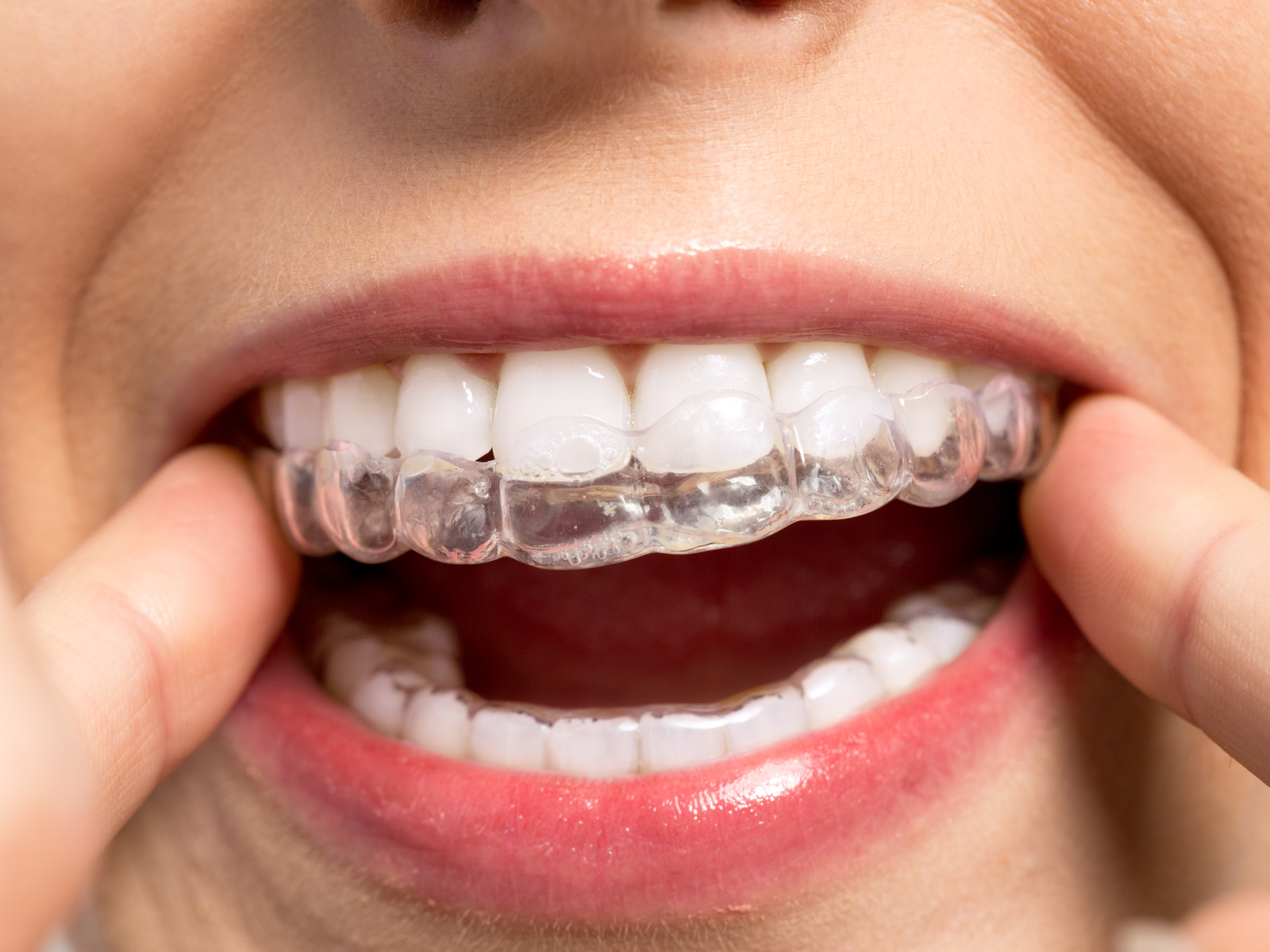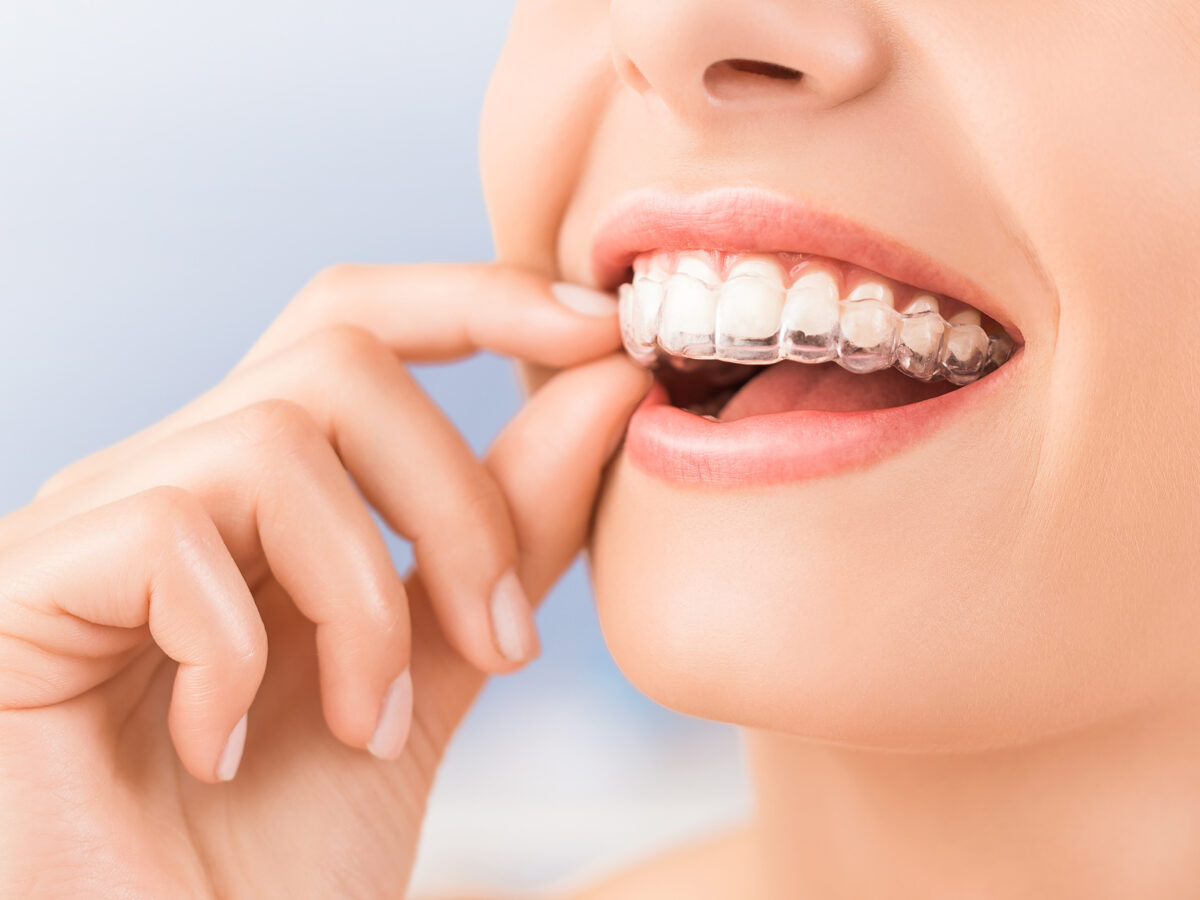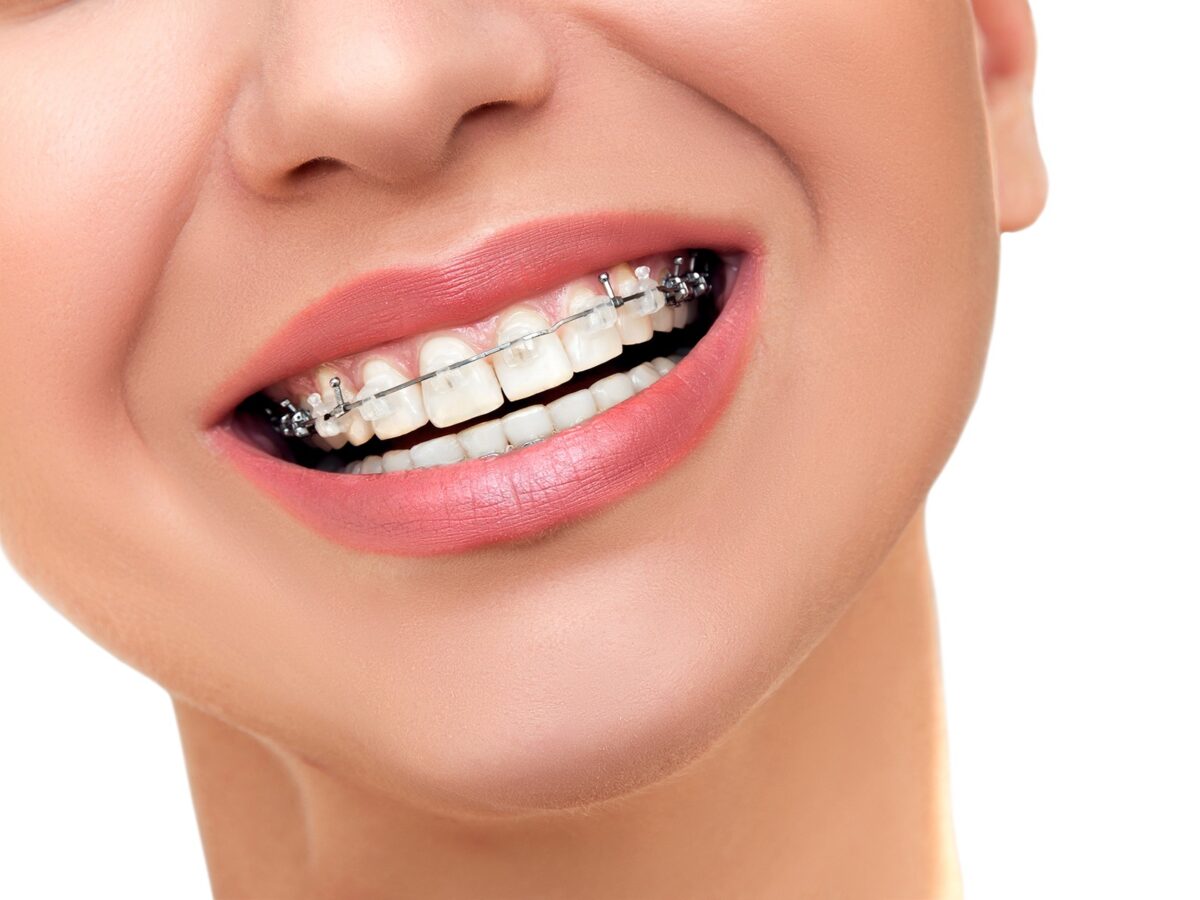A Dental DHMO Plan is a type of dental insurance that aims to make dental care more affordable by minimizing out-of-pocket expenses. Dental DHMO stands for Dental Health Maintenance Organization and is a prepaid dental insurance model. With this plan, members select from a network of participating dentists, allowing them to access various dental services at lower costs within this network.
The main function of a Dental DHMO Plan is to attend to preventive dental care maintenance and ensure members seek treatment early to avoid major conditions. It is different from most other insurance programs as DHMO plans focus on providing care for preventive and routine services, and only offering costly treatments when required.
What is crucial to know is that a Dental DHMO is different from a medical HMO. Whereas an HMO may cover normal medical expenses, a Dental DHMO Coverage is all about dental care and thus makes visits for checkups or general health maintenance more feasible. This way, potential severe dental problems that would lead to increased insurance premiums, are prevented.
What Does Dental DHMO Coverage Include?
Since Dental DHMO Coverage can differ between different providers, all the services will be described that are usually included in the plan. Typical services that are usually included are; Well, adult checkups, simple X-rays, routine teeth scaling, cavity fillings, crown and bridge, root canals, other routine dental procedures, etc.
Benefits of a Dental DHMO Plan
There are several benefits to choosing a Dental DHMO Plan:
- Dental DHMO Plans are often more affordable than other types of dental insurance, such as PPO plans.
- With a DHMO plan, there are typically no deductibles or annual maximums, and premiums tend to be lower.
- DHMO plans emphasize preventive care, focusing on routine checkups and maintenance.
- Members have access to a network of in-network specialists at lower rates.
- These plans prioritize essential preventative services, helping to control costs over time.
- Dental DHMO Plans offer flexibility in treatment options while helping keep expenses manageable.
Selecting the Right Dental DHMO Plan for Your Needs
Before moving towards the selection of a Dental DHMO Plan, it is crucial to make a proper alignment of your chosen plan with your plans for dental treatment. Here are some features that can make the choice easier in case you are to select a DHMO plan.
- Ideal for Routine and Preventive Care
The dental DHMO plan is developed mainly for those patients who need regular services, including check-ups and regular cleanings. Most of these plans cover a range of routine procedures including cleanings, examinations, and simple fillings, which means you are likely to visit the dentist more often, and you can do this without worrying about paying huge amounts of money for treatments that may be necessary in the future due to poor oral hygiene.
- Cost Transparency and Affordability
With Dental DHMO coverage, as mentioned above, it is financially easy to understand what you are going to pay. Most DHMO plans give a particular fee structure, and this means you cannot be overcharged for any particular service that is offered. It also reduces the chances of being cut suddenly by some expenses hence helping in managing the overall dentist’s costs.
- Immediate Access to Care
The other benefit of Dental DHMO Plans is that there are usually no waiting periods in most cases. This means you can start accessing your benefits as soon as you enroll making it easier to get the necessary treatment. It is most useful for those requiring early urgent preventive or simple dental treatment.
- Limitations to Consider
Dental DHMO Coverage is helpful for routine procedures, but it may not fully pay for any specialized procedures unless a dentist within a DHMO has suggested them. If you require extensive dental work or desire a wider range of choices of providers, you may need to seek a different type of coverage.
- A Focus on Long-Term Health
A Dental DHMO Plan is perfect for those who are willing to come in for a checkup and cleaning every six months and are anxious to maintain good oral care habits. These plans are thus designed to ensure that preventive visit costs are manageable so that costly advanced oral health complications are minimized.
Final Thoughts
If affordability, predictable costs, and preventive care are high on your list of priorities, a Dental DHMO Plan may be a practical choice. Take time to review each plan’s specific Dental DHMO Coverage details to ensure it aligns with your dental health needs and goals.
Get enrolled faster with major dental insurance companies with our Dental Credentialing Services.







